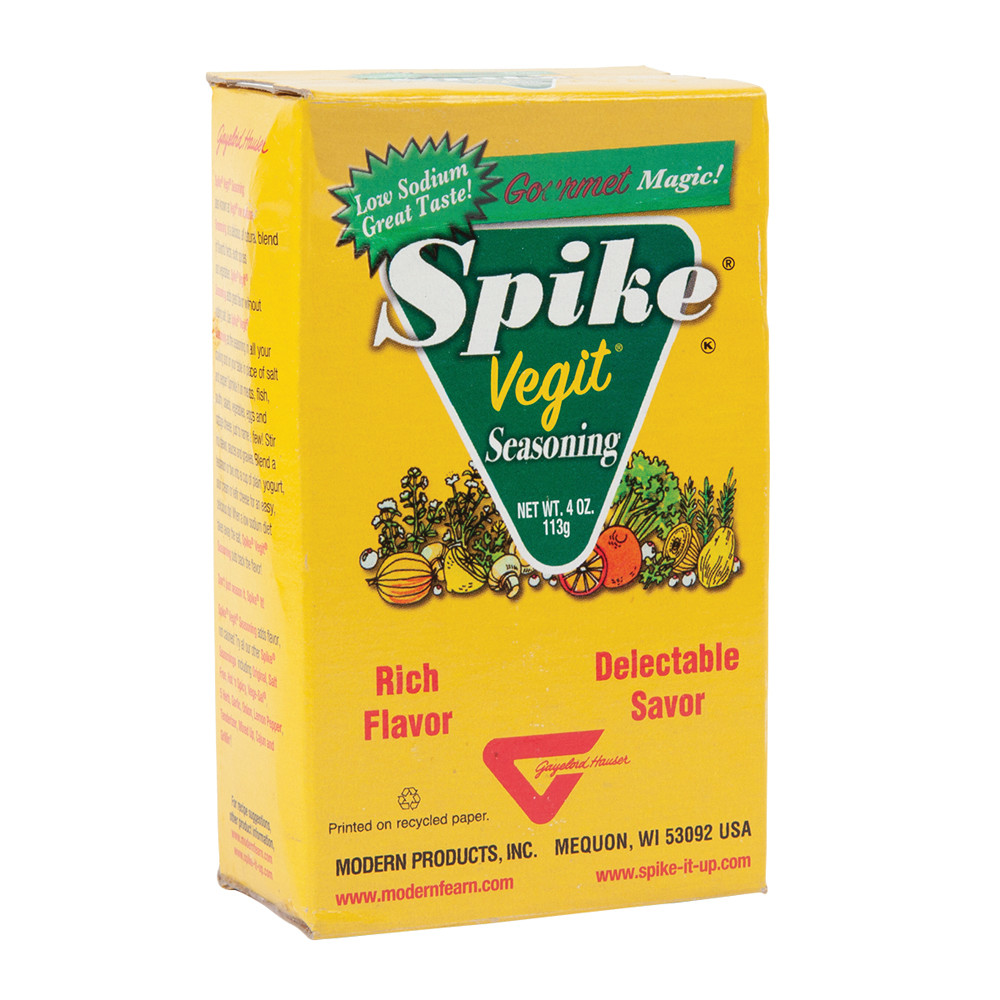

In turn, this is said to increase your calorie intake ( 7, 10). Leptin is in charge of telling your body that you’ve had enough to eat. Older evidence states that by making food taste better, MSG disrupts the signaling effect of the hormone leptin in your brain. Here’s what the current research has to say about these purported downsides ( 7). MSG has been linked to obesity, metabolic disorders, brain toxicity, and MSC. While racial biases and older research implied that MSG was a toxic additive, current evidence and health authorities recognize it as safe. This is far more than the amount you’d typically ingest following a normal diet ( 1, 4). They have also determined an acceptable daily intake (ADI) of 14 mg per pound (30 mg per kilogram) of body weight per day. Today, health authorities like the Joint FAO/WHO Expert Committee on Food Additives (JECFA), the Food and Drug Administration (FDA), and the European Food Safety Association (EFSA) consider MSG to be generally recognized as safe (GRAS) ( 1, 4). the administration of MSG via routes with little to no relevance to oral dietary intakes, such as injections.the use of extremely high doses that far exceed those consumed in typical diets.However, current evidence questions the accuracy of previous research for several reasons, including ( 1): Later on, numerous studies backed MSG’s bad reputation, stating that the additive was highly toxic ( 1). The letter led to the designation of Kwok’s symptoms as the “Chinese restaurant syndrome,” which later became the “MSG symptom complex” (MSC) ( 1). This sparked a host of misinformation about MSG, which was likely related to then-present biases against Chinese immigrants and their cuisine ( 9). He wrote that he believed his symptoms could have resulted from consuming either alcohol, sodium, or MSG. MSG got its bad reputation in the 1960s when Chinese-American doctor Robert Ho Man Kwok wrote a letter to the New England Journal of Medicine explaining that he got sick after consuming Chinese food. It can be used to reduce overall sodium intake when used in place of salt. It’s a popular food additive used to enhance flavor. MSG is derived from L-glutamic acid, an amino acid found in your body and many foods. Similarly, MSG may be used as a salt substitute in low sodium products like soups, prepackaged meals, cold meats, and dairy products ( 8). In fact, some research postulates that replacing some salt with MSG can reduce people’s sodium intake by approximately 3% without sacrificing flavor ( 1, 8).

What’s more, studies show that umami substances can lower the desire to salt foods. In other words, umami flavors make your mouth water, which can improve the taste of food ( 6). The flavor-enhancing effects of MSG are due to its umami taste, which induces salivary secretion.

It’s estimated that people’s average daily intake is 0.3–1.0 grams ( 1, 7). MSG is popular in Asian cooking and used in various processed foods in the West. Umami has a meaty flavor that refers to the presence of proteins in food ( 2, 6).īesides MSG, other umami compounds include inosine 5’-monophosphate (IMP) and guanosine 5’-monophosphate (GMP) ( 1). MSG has a specific taste known as umami - the fifth basic taste alongside sweet, sour, salty, and bitter. This means your body can’t differentiate between the two types ( 3, 4, 5). There’s no chemical difference between the glutamic acid found naturally in some foods and that found in MSG. It’s made by fermenting carb sources like sugar beet, sugar cane, and molasses ( 3).
#Spike seasoning website free
It dissolves easily in water, separating into sodium and free glutamate ( 2). In the food industry, it’s known as E621. MSG is a white, odorless, crystalline powder commonly used as a food additive. L-glutamic acid is a nonessential amino acid, meaning that your body can produce it by itself and doesn’t need to get it from food ( 1). It’s a flavor enhancer derived from L-glutamic acid, which is naturally present in many foods.


 0 kommentar(er)
0 kommentar(er)
